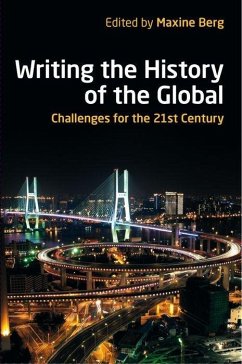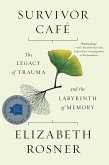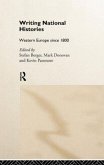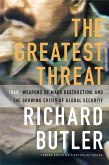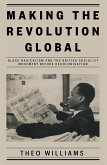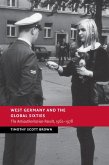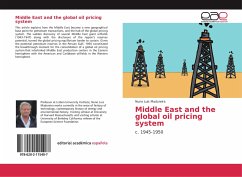The early part of the twenty-first century has witnessed a profound turn in history writing and museum culture towards global and world history. Historians and curators are rapidly changing what they do: no longer satisfied with traditional national histories and area studies, they are pursuing histories of subjects affected by environmental change, migration, slavery, trade and travel. They face challenges of writing about individuals and families in the world, and
of political cultures and ideas that have transformed as they have moved between different regions of the world. They are 'going beyond borders' and pursuing wider concepts of connectedness and of cosmopolitanism as these have developed in social theory.
Where has all this come from, and where is it taking us as historians? Writing The History of the Global brings together a number of the major historians now entering the field and re-thinking the way they write their histories. We read the reflections of China experts, historians of India and Japan, of Latin America, Africa and Europe on their past writing, and the new directions in which global history is taking them. It shows the rapid advances in the field from early and inspiring accounts
of encounters between East and West, of the wealth and poverty of nations and the crisis of empires, to new thinking on global material cultures, on composite zones and East Asian development paths.
It presents historians at a crossroads: enjoying the great excitement of moving out of national borders and reconnecting parts of the world once studied separately, but also facing the huge challenge of new methodologies of comparison, collaboration and interdisciplinarity and the problems of rapidly disappearing tools of foreign languages.
Hinweis: Dieser Artikel kann nur an eine deutsche Lieferadresse ausgeliefert werden.
of political cultures and ideas that have transformed as they have moved between different regions of the world. They are 'going beyond borders' and pursuing wider concepts of connectedness and of cosmopolitanism as these have developed in social theory.
Where has all this come from, and where is it taking us as historians? Writing The History of the Global brings together a number of the major historians now entering the field and re-thinking the way they write their histories. We read the reflections of China experts, historians of India and Japan, of Latin America, Africa and Europe on their past writing, and the new directions in which global history is taking them. It shows the rapid advances in the field from early and inspiring accounts
of encounters between East and West, of the wealth and poverty of nations and the crisis of empires, to new thinking on global material cultures, on composite zones and East Asian development paths.
It presents historians at a crossroads: enjoying the great excitement of moving out of national borders and reconnecting parts of the world once studied separately, but also facing the huge challenge of new methodologies of comparison, collaboration and interdisciplinarity and the problems of rapidly disappearing tools of foreign languages.
Hinweis: Dieser Artikel kann nur an eine deutsche Lieferadresse ausgeliefert werden.

